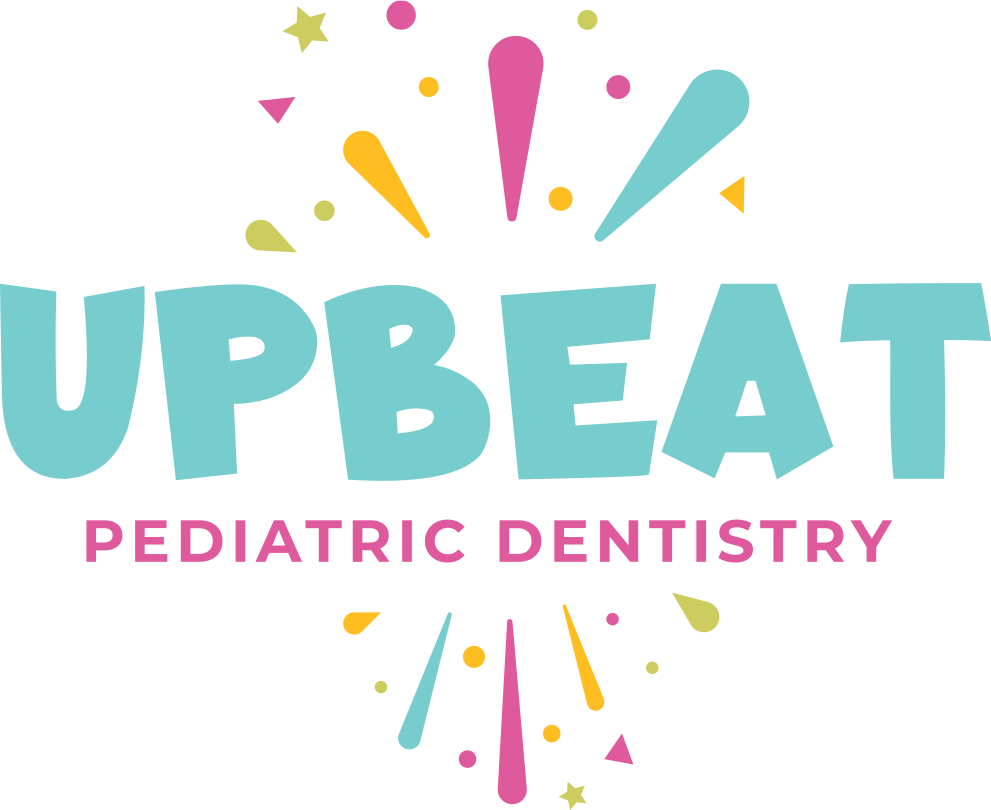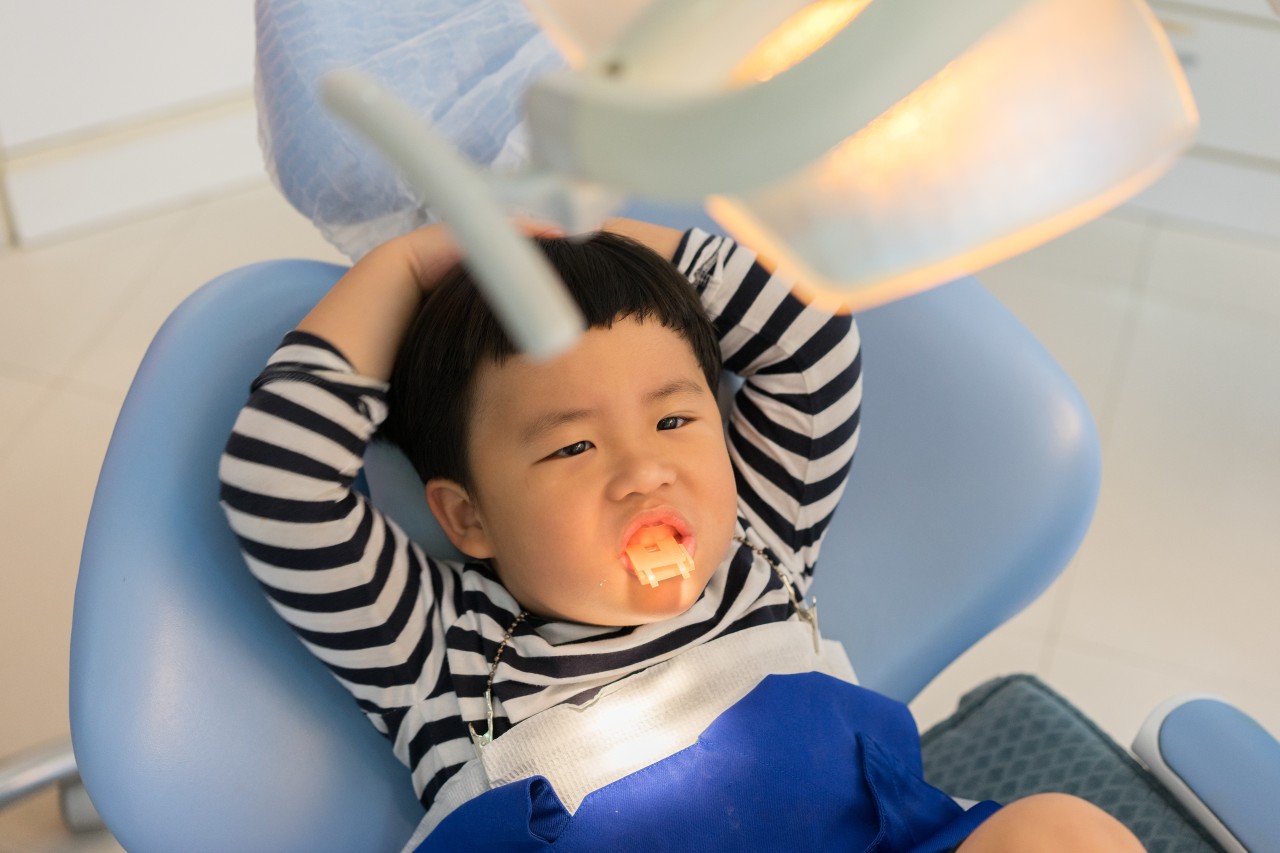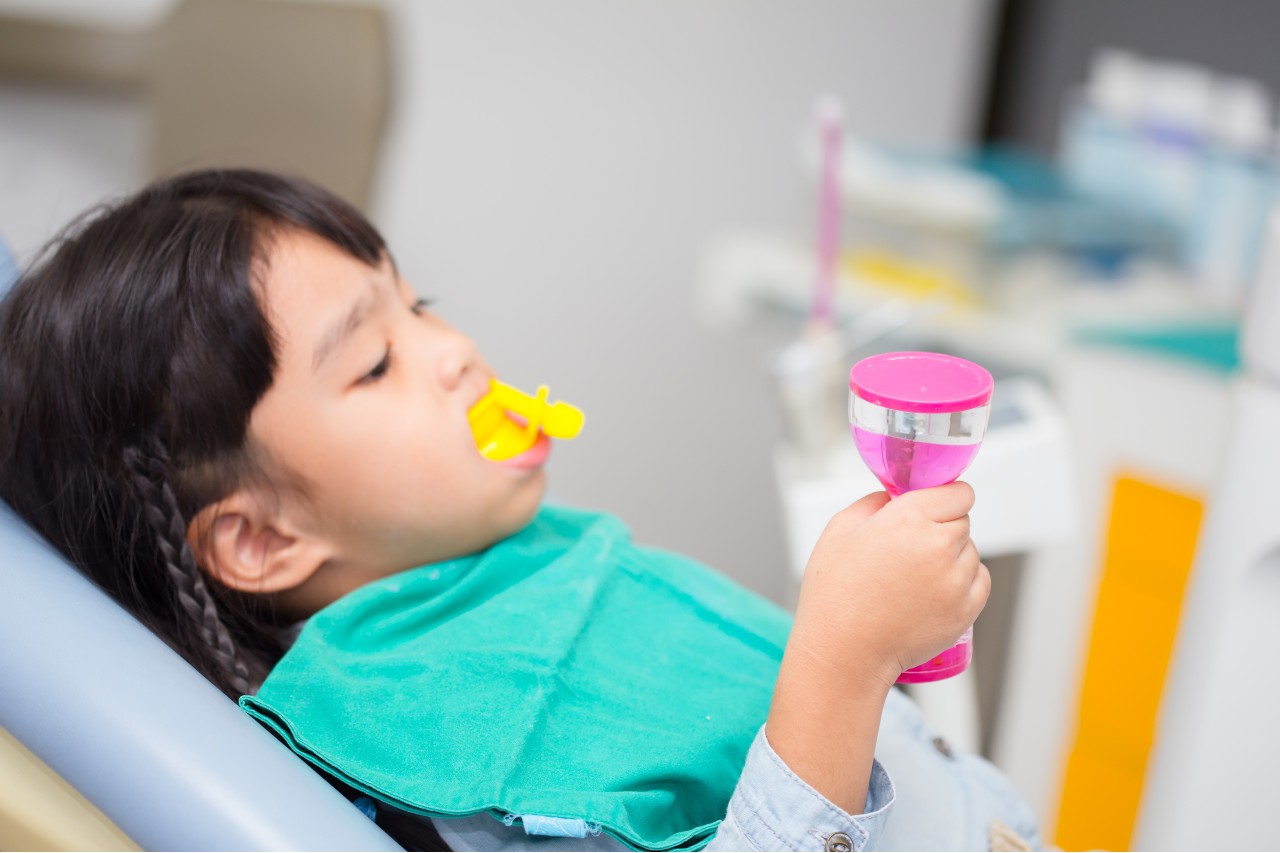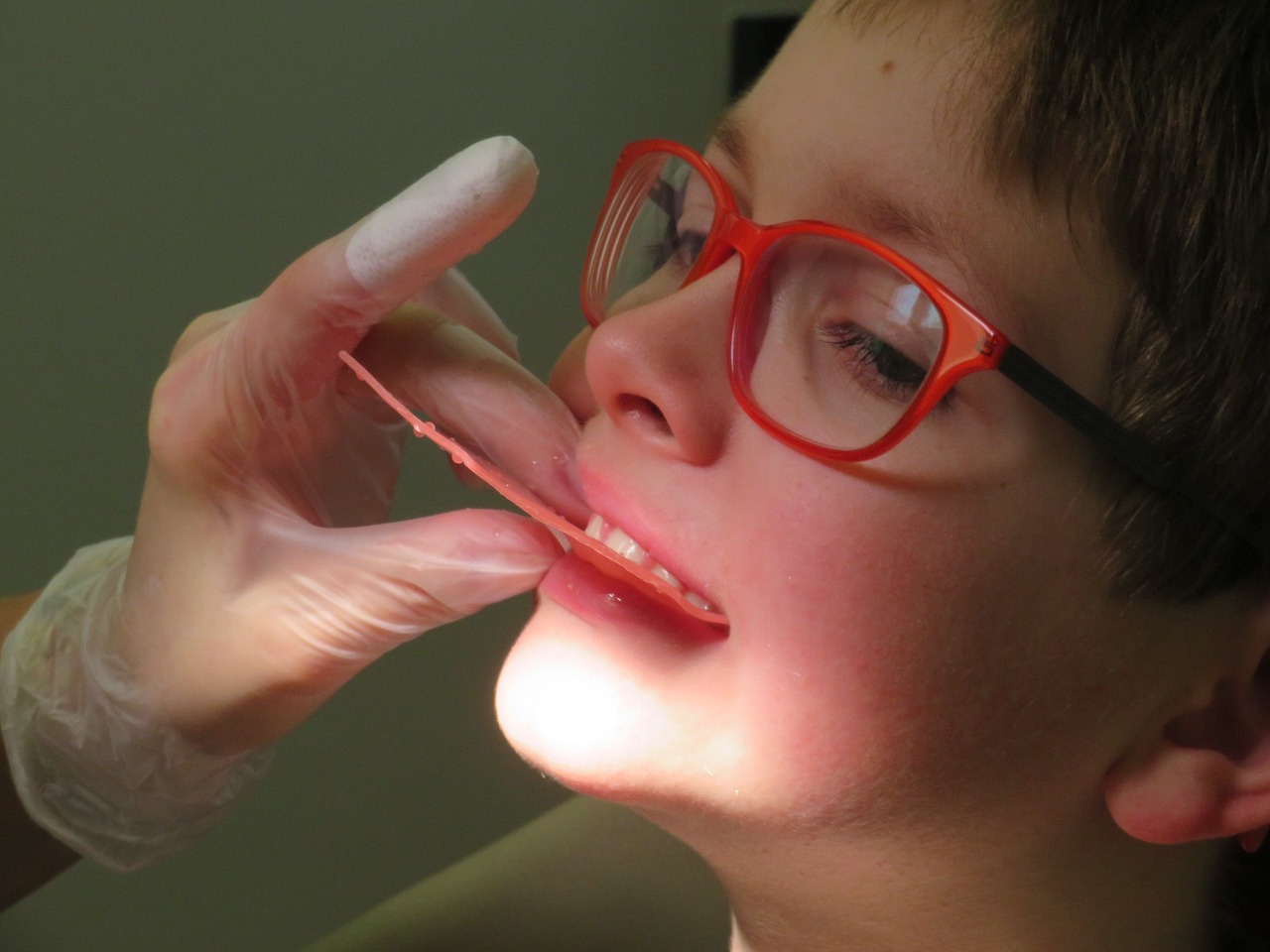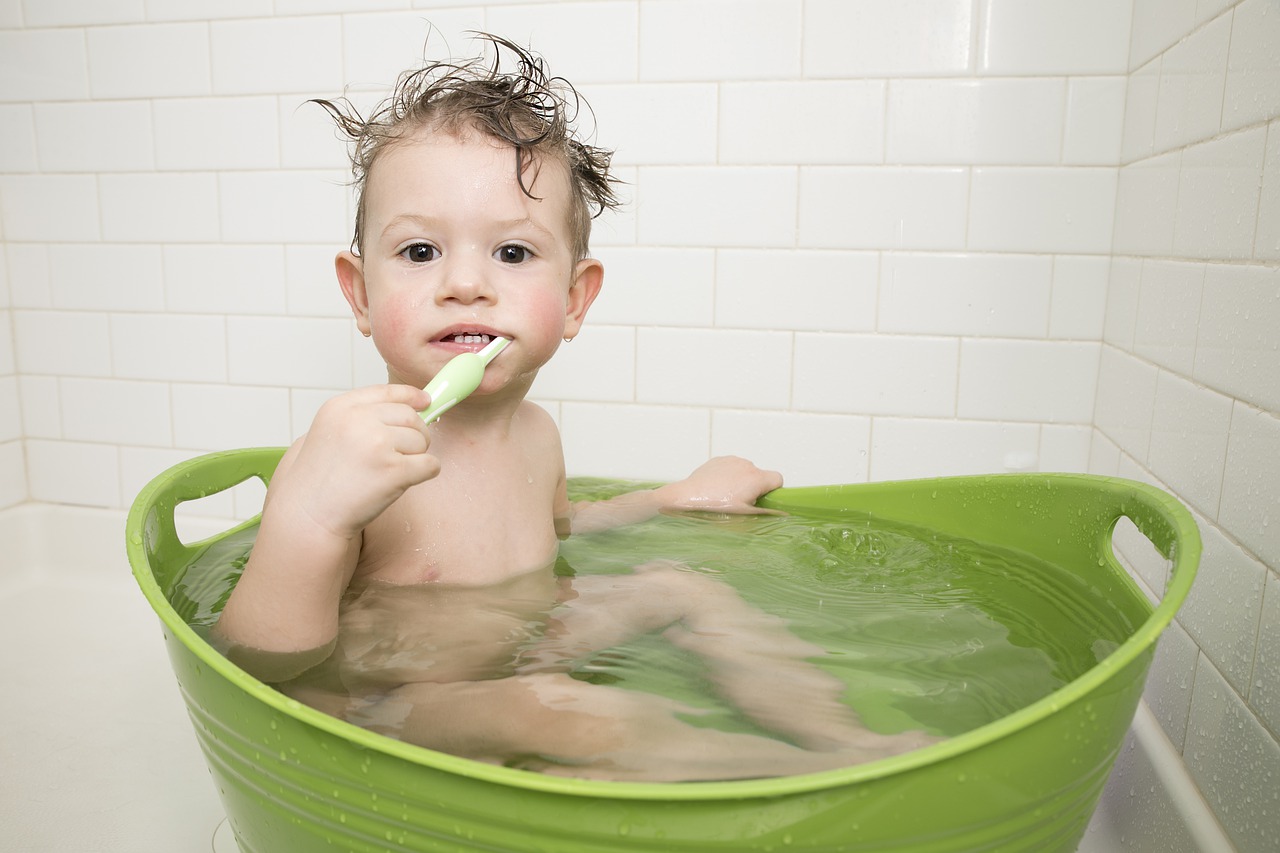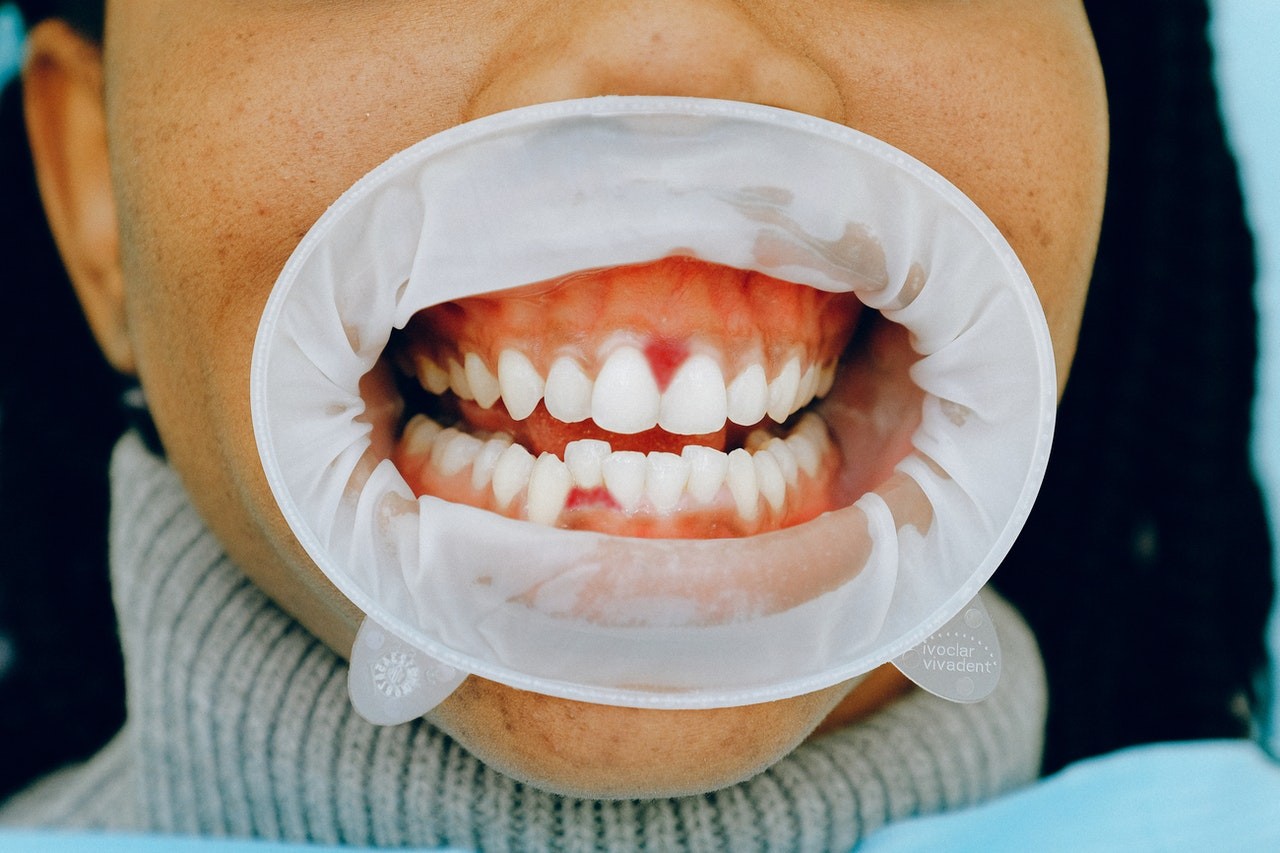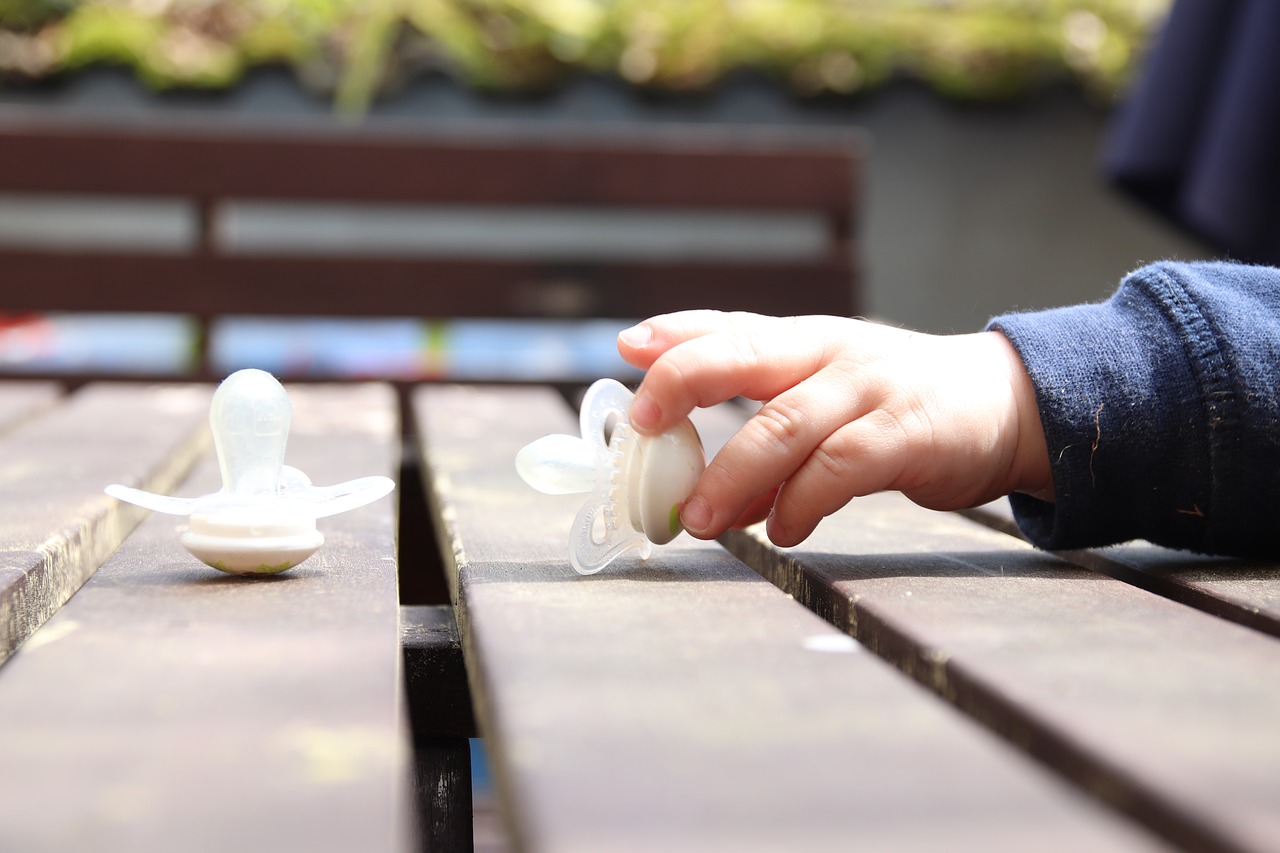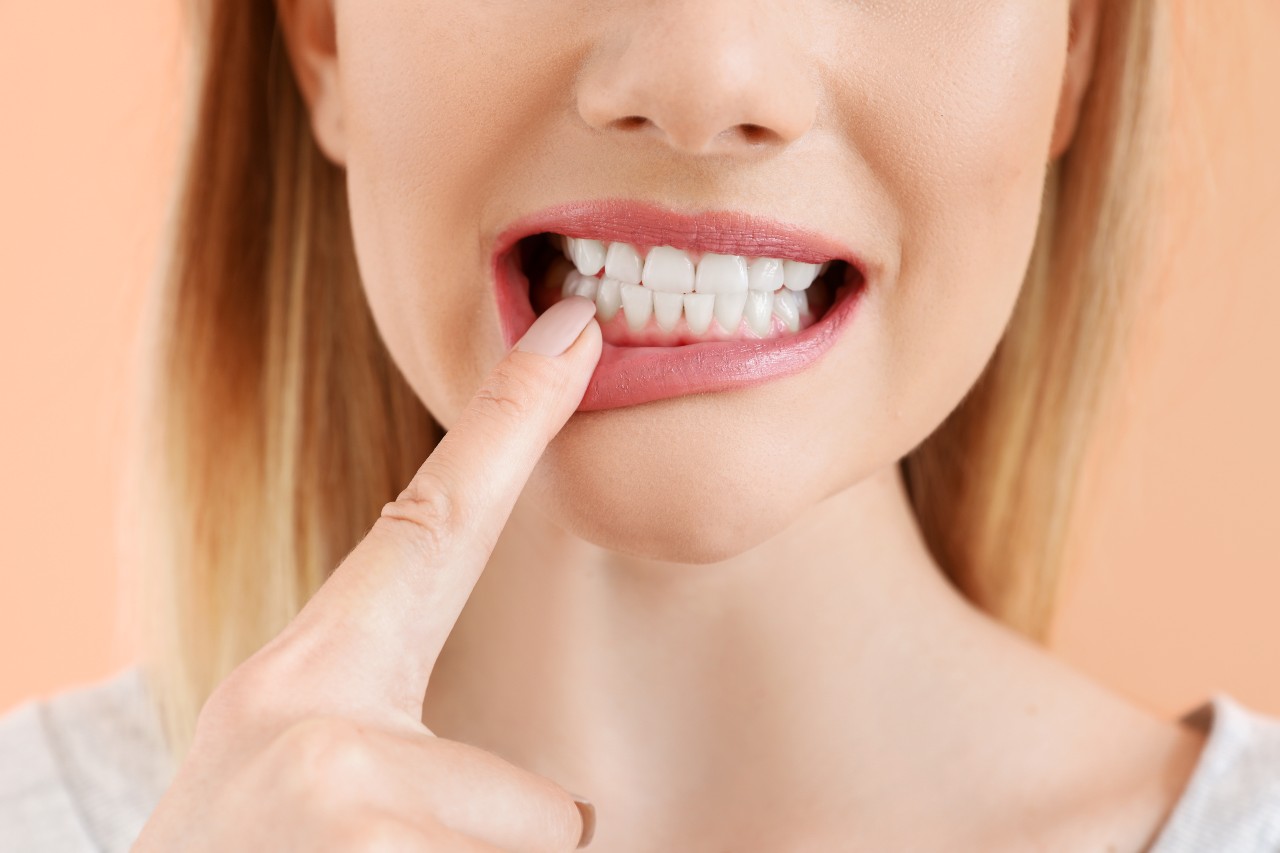If your child has cavities, you may be wondering what can be done to save their teeth. At Upbeat Pediatric Dentistry, we have years of pediatric dentistry experience, and are trained to work with children. Cavities are common in children, and some children are prone to them more than others. If a child has a small cavity, we may just watch it, or recommend a dental filling. In cases where the child has severe decay, a pediatric crown may be recommended in order to save the tooth.
What Are Pediatric Crowns?
Pediatric crowns are caps that are placed over a tooth to protect the tooth from further decay. Crowns are made to match the size and shape of a child’s natural teeth. They are durable, and can save a tooth that has suffered severe decay. Crowns are used only when necessary, or when the tooth cannot support a dental filling. Other reasons crowns are used include restoring teeth that are severely broken or worn out, or if your child has a high risk of developing cavities.
Why Would You Put a Crown on a Primary Tooth?
Primary teeth are very important in the development of a child’s adult teeth. They help with speech and overall growth and development. Primary teeth are needed for many years of a child’s life, and it is important to protect a child’s teeth to maintain their oral health. Primary teeth are placeholders for adult teeth, and if a child does not have their primary teeth, this can cause adult teeth to come in crooked or misaligned. Instead of extracting the primary tooth, a crown can leave the tooth intact, but protect the tooth from further damage.
How Does the Crown Procedure Work?
Crowns can typically be placed in one dental visit making this ideal for children. The tooth will be cleaned and prepared for the crown. Local anesthesia is used along with Nitrous Oxide or laughing gas, to keep your child calm and relaxed during their procedure. Once the tooth is ready the crown is gently affixed on top of the tooth. Recovery is minimal, and we recommend your child wait a few hours to eat until the anesthesia wears off. Your child’s bite may feel off after the crown procedure, but they will adjust and get used to their new crown after a few days.
Dental crowns should last until the primary teeth are lost. We do recommend practicing good oral hygiene habits at home with brushing and flossing each day, to keep your crown and teeth looking and feeling healthy. Regular visits to our office are important, they give our doctors the opportunity to check to make sure there is no additional decay, and the crown looks healthy.
Ready To Schedule Your Appointment?
At Upbeat Pediatric Dentistry, we care about your child’s oral health, and strive to provide the very best dental care to our patients. Our doctors and staff are trained to work with children, and we always ensure your child will have a positive experience when they visit our office. We provide quality dental care that patients can trust, and we look forward to you joining our dental family.
If you think your child may need a crown, or you would like to schedule their regular dental exam, contact Upbeat Pediatric Dentistry, and our friendly staff will be happy to assist you.
